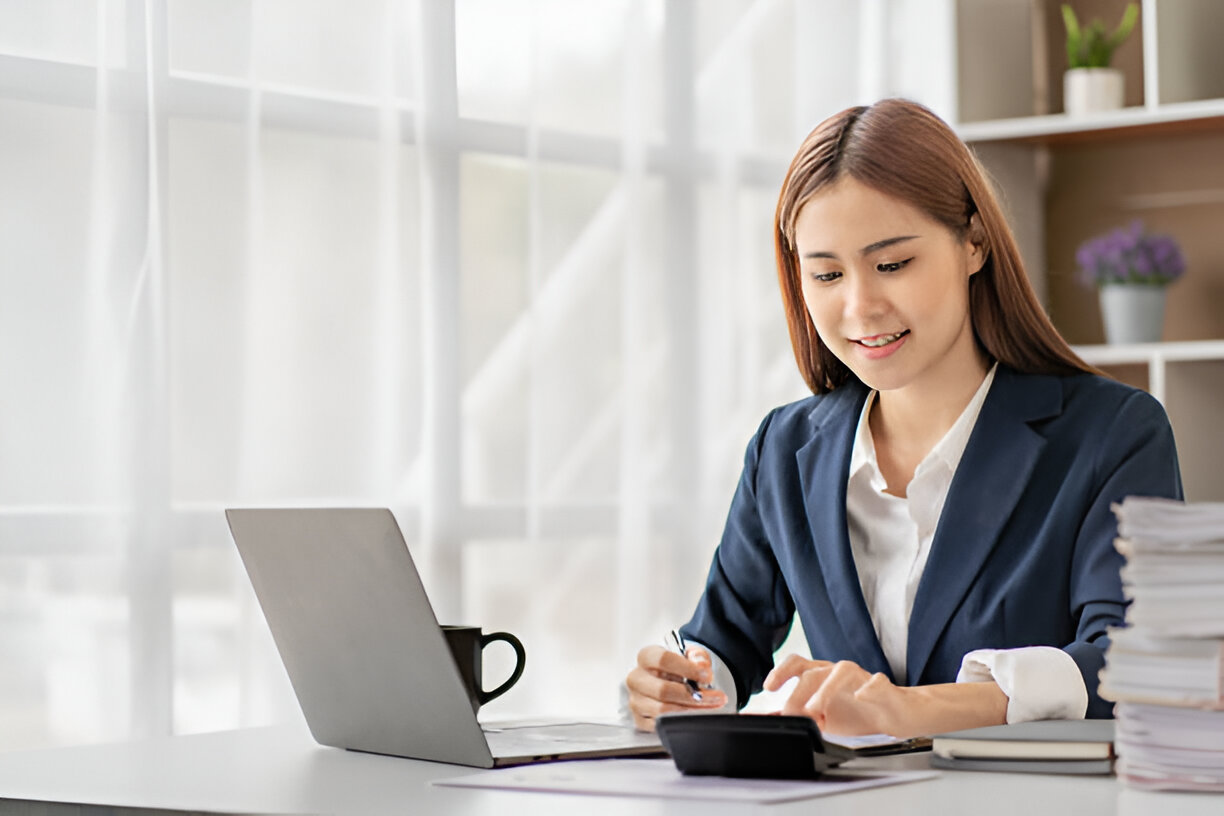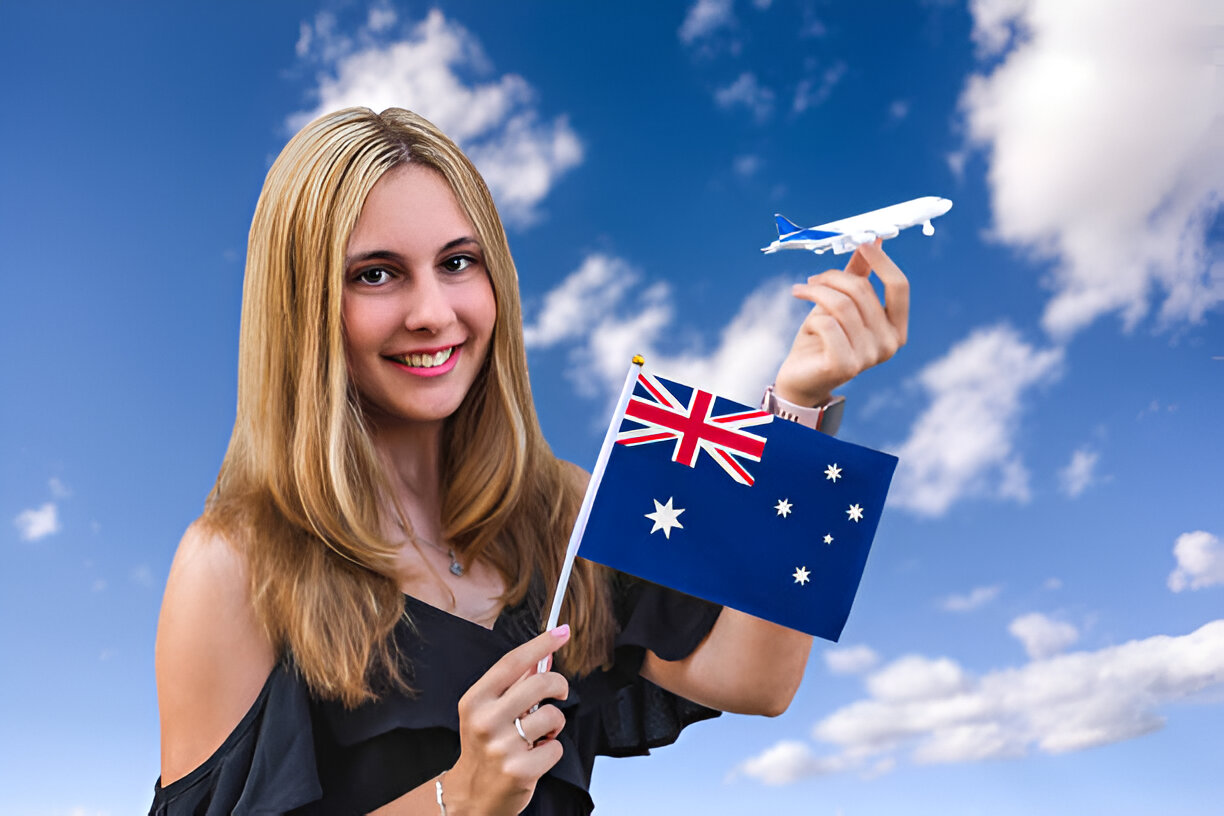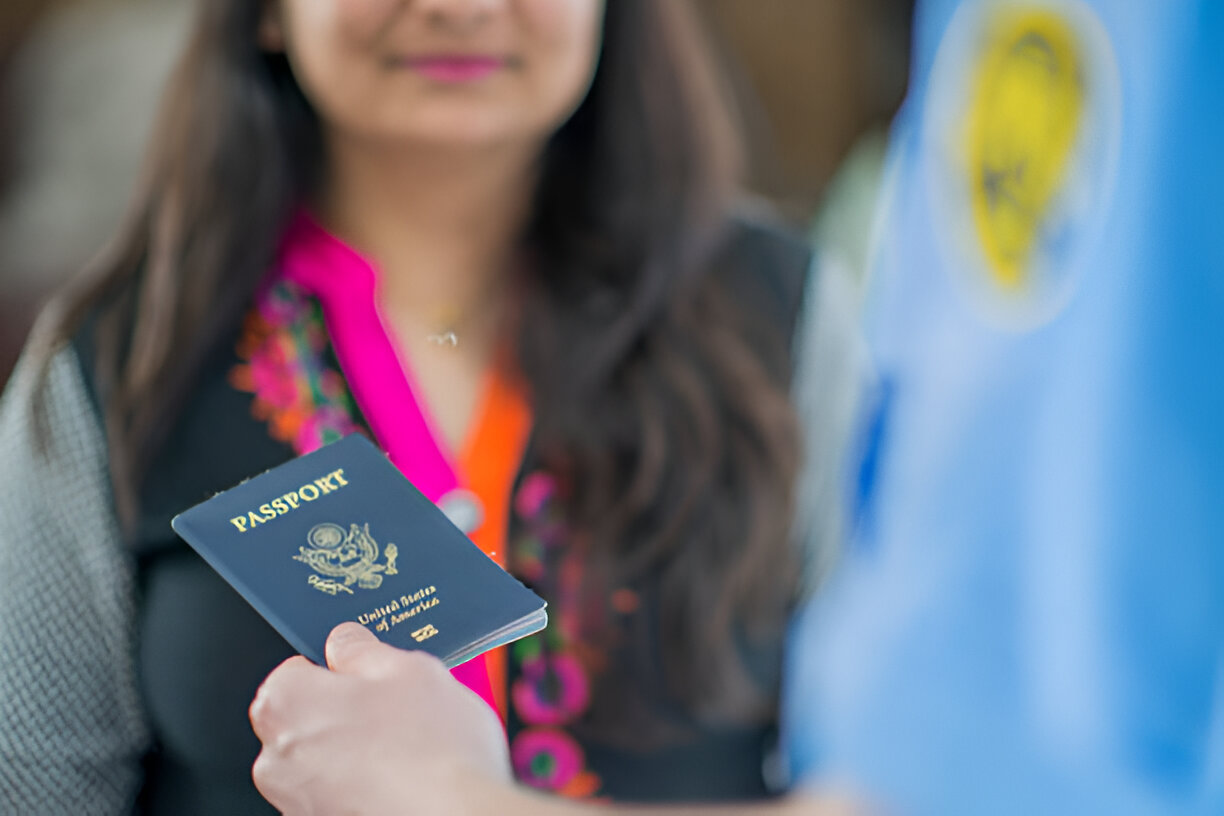Studying abroad in Australia can be an exciting journey full of new experiences and study opportunities. With vibrant cities, unique wildlife, and countless adventures waiting, Australia is a popular choice for students. But knowing what to pack can feel challenging. This guide will walk you through everything you need to pack, helping you avoid overpacking and making sure you’re well-prepared for your time in Australia.
Check Your Travel Documents
Before you even begin packing, make sure you have all your essential travel documents. These include:
- Passport and Visa: Your passport should be valid for your entire stay, and you’ll need your student visa documentation.
- Offer Letter and Acceptance Documents: Keep your acceptance letter from your study abroad program in Australia handy.
- Overseas Student Health Cover (OSHC): This is required for students studying in Australia, so make sure you have proof.
- Other Essentials: Birth certificate, bank details, and passport-sized photos are helpful to have just in case.
You can carry paper copies in a folder and keep digital copies on your devices for easy access.
What is the Age Limit for a Student Visa in Australia?
Pack Climate-Appropriate Clothing
Australia’s climate can vary depending on where you’re studying. However, most regions experience warm weather. Here’s a quick guide:
- Summer Clothing: Lightweight clothing such as T-shirts, shorts, dresses, and sandals are ideal for Australia’s hot months. Sunscreen is essential to protect against the strong UV rays.
- One or Two Warm Layers: Even though it’s generally warm, Australian winters can get chilly, especially in cities like Melbourne. Bring a light jumper or jacket to stay comfortable.
- Rain Gear: Some parts of Australia can experience sudden showers, so a compact umbrella or rain jacket is helpful.
Remember, there are affordable options to buy additional clothing if needed, so don’t overpack. Local stores like Kmart and Big W have budget-friendly clothing options.
How Many Bands Are Required for an Australia Study Visa?
Limit Heavy Items
Australia abroad study programs can be long, but packing light is still important. Airlines often limit luggage weight, so avoid bringing large or heavy items that you can easily purchase once you arrive. Here’s a look at what to leave behind and buy locally:
- Household Items: Bedding, pillows, and kitchen appliances like rice cookers can be bought in Australia. Superstores like IKEA offer a range of affordable household items.
- Toiletries and Cosmetics: Bring travel-sized essentials and buy the rest when you arrive. Australian stores have everything you’ll need, so no need to overfill your suitcase with these.
Packing light means you’ll avoid extra fees at the airport and have room for essentials.
Essential Electronics and Adapters
Electronics are often overlooked when packing, but they are crucial for studying. Here’s what to consider:
- Laptop and Chargers: Your laptop will be essential for your studies. Pack all necessary chargers and accessories for your devices.
- Travel Adaptors: Australian sockets use Type I plugs, so bring an adaptor for any non-Australian devices.
- SIM Card or Unlocked Phone: If you have an unlocked phone, you can buy a local SIM card when you arrive. Many stores at the airport offer affordable SIM options that allow you to stay connected right away.
Having the right electronic equipment and adaptors will make your transition much smoother.
Is IELTS Required for Australia?
Financial Essentials: Cash and Cards
To get started in Australia, it’s helpful to have some cash and access to funds. Here’s what you’ll need:
- Australian Dollars: Carry around AUD $150-700 in cash for initial expenses like transport and meals. This is especially useful if you arrive late at night or before setting up a bank account.
- Credit or Debit Card: Inform your bank about your travel plans so your card works in Australia. Many students open a local bank account to avoid international fees.
- Banking App: Consider setting up mobile banking to manage expenses easily. This will come in handy for budgeting throughout your studies.
Pack for Health and Safety
Australia’s sunny climate means you’ll need some essentials for health and safety:
- Sunscreen: Australia has high UV levels, so sunscreen is a must to protect your skin.
- Medications and Prescriptions: Bring any necessary medications along with a prescription from your healthcare provider. This is especially important for regulated medicines.
- Basic First Aid: Pack items like plasters, pain relievers, and any other personal medical supplies.
Many products are available locally, but bringing initial supplies ensures you’re ready from day one.
How Much Bank Balance is Required for an Australia Student Visa?
Student Supplies
When preparing for study opportunities in Australia, it’s easy to forget the academic essentials. Here are a few items you’ll find useful:
- Stationery and Notebooks: Some students prefer to bring familiar brands, but stationery is available at reasonable prices in Australia.
- Laptop Case and Backpack: Protect your laptop and carry your essentials in a comfortable backpack. Look for one with extra padding, especially if you’ll be commuting.
- Reusable Water Bottle: Staying hydrated is essential, especially in warm climates. A reusable water bottle is a practical, eco-friendly choice.
Transportation and Local Setup
Getting around and setting up for everyday life in Australia is part of the experience. Here’s what to know:
- Public Transport Card: Many cities, such as Melbourne and Sydney, offer student-friendly public transport cards. You can purchase one after arrival, making it easy to commute to classes and explore.
- Local SIM Card: As mentioned earlier, setting up a local SIM card is affordable and easy. Look for plans with student discounts and good data packages for video calls and staying connected.
- University Orientation Pack: Some universities provide orientation packs, which may include helpful information on public transport, local shops, and student discounts.
Taking care of these small details helps you settle into your new environment smoothly.
Which Consultant is Best for Australia in Pakistan?
Avoid Bringing Restricted Items
Australia has strict customs regulations. Be sure not to pack restricted items, such as:
- Food Products: Australia protects its unique environment from foreign pests and diseases. Avoid packing any fresh or processed food.
- Plants or Animal Products: Items like seeds, soil, and wood are also restricted.
- Sharp Objects and Liquids Over 100ml: For security reasons, avoid these in your carry-on luggage.
It’s best to check Australia’s official customs website before you fly to ensure you’re aware of all restrictions.
Final Tips for an Enjoyable Study Abroad Experience
Studying abroad in Australia is an incredible opportunity to learn and grow. Packing wisely will ensure you’re well-prepared and can focus on making the most of your time. By following this guide, you’ll have everything you need to start your study abroad program in Australia with confidence. Enjoy your journey, explore all that Australia has to offer, and make the most of every study opportunity!
Contact us today to get started!
Get Expert Help from the Best Study Abroad Consultants in Lahore
Packing and planning for a big move can be challenging, but you don’t have to do it alone! At International Group of Education, we specialise in helping students make a smooth transition to studying abroad. With our guidance, you’ll be fully prepared, from packing essentials to navigating life in Australia. If you’re ready to start your journey, reach out to the best study abroad consultants in Lahore. Our experienced team is here to answer your questions, simplify the process, and ensure that you have everything you need for a successful study experience in Australia.
Discovering Affordable Universities in Australia for Pakistani Students
Frequently Asked Questions
Do I need a visa to study in Australia?
Yes, international students need a student visa (subclass 500) to study in Australia. Ensure you apply well in advance with all necessary documentation.Can I work while studying in Australia?
Yes, student visa holders in Australia can work up to 40 hours per fortnight during term time and unlimited hours during breaks. Always check visa conditions.What is the cost of living in Australia?
The cost of living in Australia varies by location, but on average, students should budget between AUD 1,200 to AUD 2,500 per month, depending on lifestyle and accommodation.How can I open a bank account in Australia?
You can open a bank account once you arrive in Australia. Most major banks offer student accounts with no monthly fees. Bring identification documents for the process.What should I know about Australian culture?
Australia is known for its friendly and relaxed culture. Respect for others is important, and you’ll find a mix of cultures and outdoor activities. Be open-minded and ready to explore!



